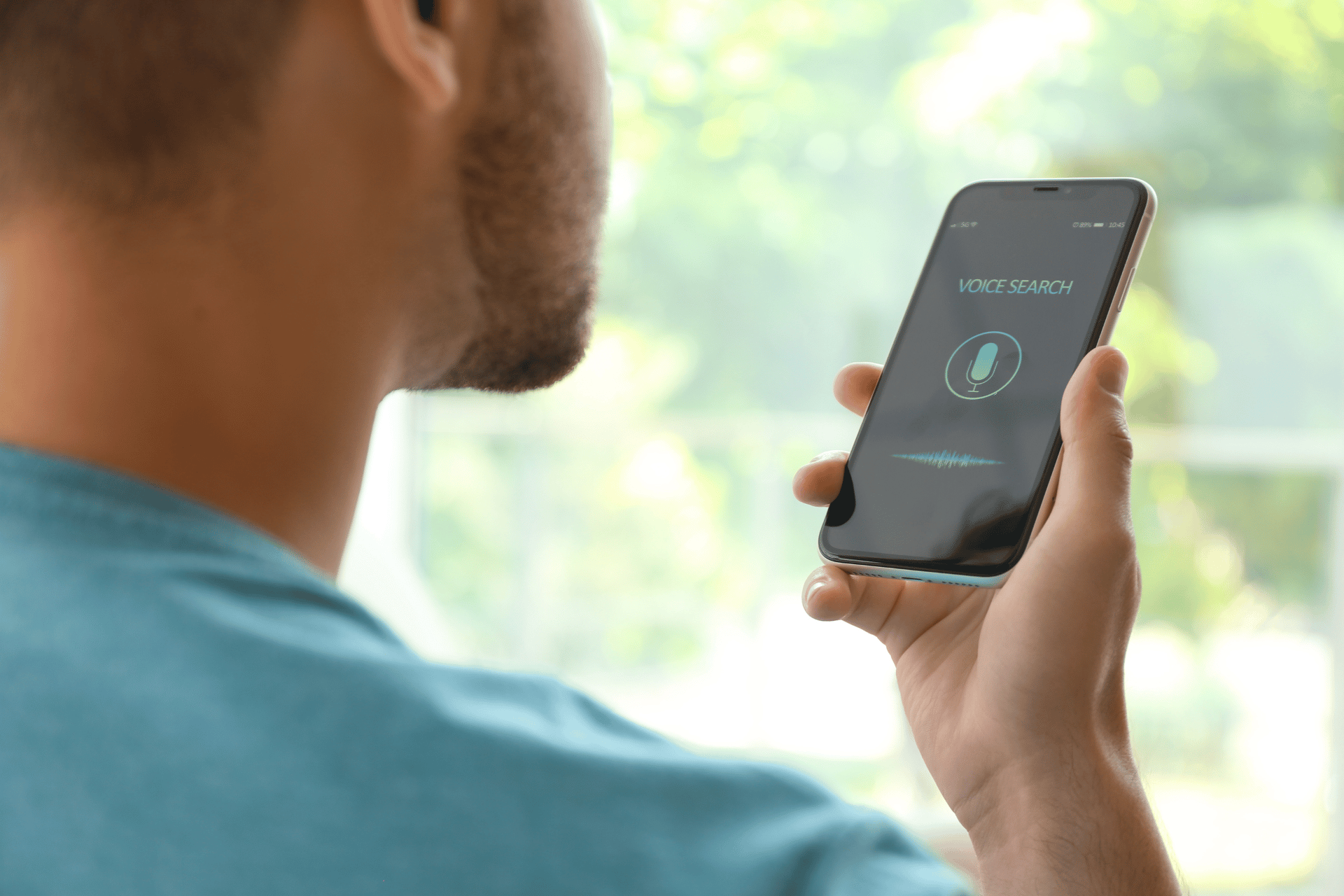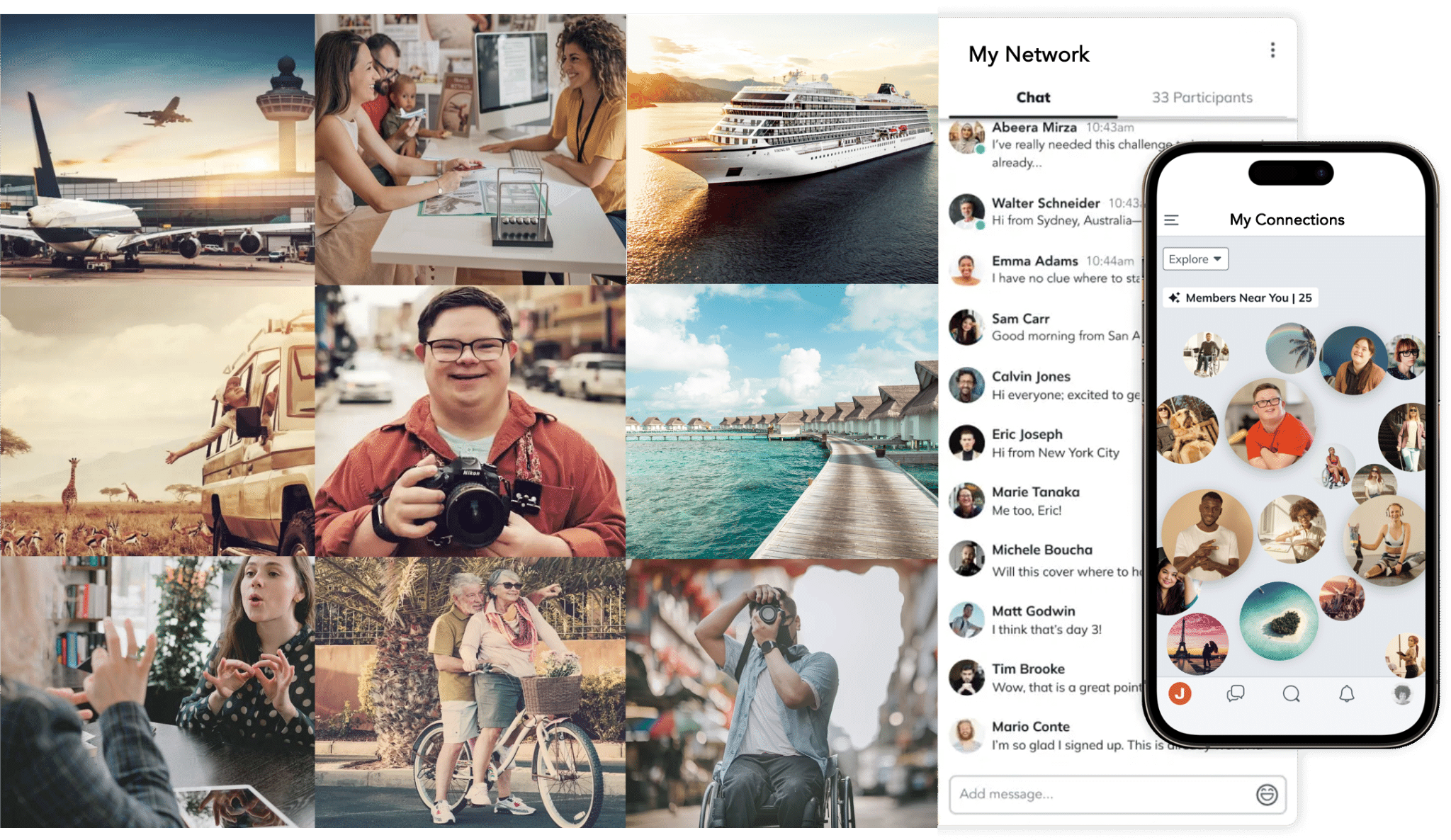Enhancing Deaf Accessibility in Hospitality

Inclusive Service Training: A Key Step
Hospitality businesses thrive on providing excellent service to all guests, but how can they be more Deaf-friendly? The answer lies in staff training. Educating hotel staff on interacting with Deaf guests is essential to offering equitable service. This can be achieved through awareness programs and by equipping staff with appropriate technologies like Video Remote Interpreting (VRI) services, ensuring smooth communication with Deaf guests.
Meeting Deaf Travelers’ Needs
What do Deaf travelers seek from their hotel experience? Like any guest, they desire respect, courtesy, and quality service. Ensuring communication in their primary language, such as American Sign Language (ASL), is vital. Providing access to interpreting solutions demonstrates consideration for their experience, allowing hotels to offer consistent customer service to all guests.
ADA Compliance in Hospitality
Under the Americans with Disabilities Act (ADA), hospitality businesses must accommodate guests and employees with disabilities, including those who are Deaf or hard-of-hearing. This includes not only physical accommodations but also effective communication methods. ASL interpreting services meet these requirements, facilitating clear communication and a seamless experience for both guests and employees.
Seamless Communication with Sorenson Interpreting
Hospitality’s rule number one is to make every guest feel welcome and special. Sorenson offers various sign language interpreting services, including Video Remote Interpreting (VRI) and on-site interpreting, to ensure Deaf and hard-of-hearing guests and employees receive the same outstanding experience as others.
VRI: Bridging the Communication Gap
VRI services enable fluid communication between Deaf and hearing participants. Remote interpreters can assist in various scenarios, such as guest check-ins, inquiries, or employee meetings. For in-depth guest services, interpreters with knowledge of local venues and cultures can be selected, enhancing the guest experience.
On-Site Interpreting: The Personal Touch
For situations where nuanced communication is essential, on-site interpreters provide face-to-face sign language interpreting. This is particularly beneficial in fostering employee relationships, ensuring substantial collaboration, and enhancing guest engagement.
Sorenson Express: On-Demand ASL Interpreting
With the introduction of Sorenson Express, hotels can now offer on-demand video communication options, advancing accessibility and inclusion. This service, available on iOS and Android devices, allows Deaf and hearing users to interact seamlessly, with interpreters facilitating signed and spoken conversations.
Empowering Hospitality Through Technology
Sorenson Express is a testament to Sorenson’s commitment to making a meaningful impact through accessible products and services. For retail and hospitality sectors, it creates compelling customer experiences and ensures high-quality service for all patrons.
Streamlining Workplace Communication
In the workplace, Sorenson Express supports seamless interaction between Deaf and hearing colleagues, enabling spontaneous participation in meetings and discussions. This fosters an inclusive and collaborative work environment, leveraging the full extent of the workforce’s diverse perspectives and talents.
A Commitment to Inclusion
By embracing technologies like Sorenson Express and providing interpreter services, hospitality businesses can significantly enhance the experience of Deaf and hard-of-hearing guests and employees, demonstrating a deep commitment to inclusion and accessibility. For more information, visit Sorenson Express to learn more about their services.







